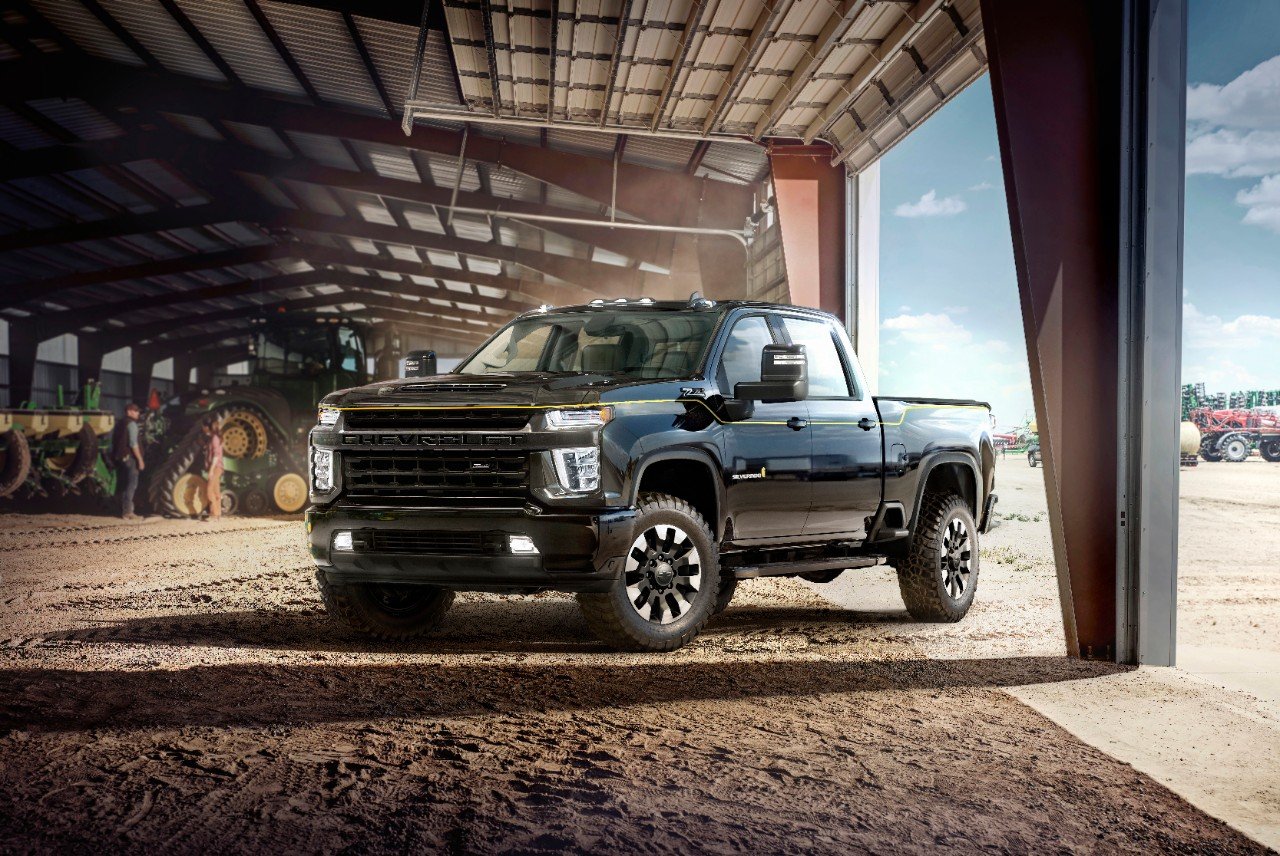
GM's efforts to boost resale values are paying off: Kelley Blue Book predicts that the new 2016 Chevrolet Camaro will retain its value better than most cars. Image source: General Motors.
The analysts at Kelley Blue Book (KBB) announced their "Best Resale Value Award" winners for 2016 on Tuesday.
As you'd expect, Japanese brands took many of the top honors. But there was a surprise contender from Detroit: General Motors (GM 1.39%) also earned some big plaudits for the strong resale values of some of its latest models.
The big winners were unsurprising
KBB gives awards to the brands with the best projected overall resale values after five years, as well as the top models in each of the major vehicle segments. The brand awards should be no surprise to industry watchers: Subaru won for mainstream brands, and Lexus for luxury brands.
Subaru's parent company, Fuji Heavy Industries (FUJHY +1.79%), has an interesting conundrum right now: It can't make enough Subarus to meet demand. Cheap gas, low interest rates, and better designs from the automakers has led to a huge boom in demand for car-based "crossover" SUVs -- a category Subaru practically invented, and one it still dominates with a range of very well-regarded models.
Fuji Heavy is a relatively small company by global auto-making standards, and CEO Yasuyaki Yoshinaga is very conservative with capital investments. The upshot is that Subaru's production lines are running at full speed. That's a happy and profitable situation for the company. But because high demand has put some models in short supply, demand for lightly used Subarus is extremely strong. That means very good resale values.
The story at Lexus, Toyota's (TM 0.11%) luxury brand, is a bit different. Demand for lightly used models from prestigious luxury brands is always strong, particularly in good economic times, and Lexus and its German rivals all benefit. But Lexus has an extra ace in its hand when it comes to resale values: Toyota's consistently top-notch reliability ratings make a used Lexus a safer-than-most bet. That, plus the effort that U.S. Lexus dealers put into personal service touches, helps keep demand (and prices) high for gently used Lexus models.
So, how does General Motors fit into this?
How General Motors is gaining ground in the resale-value rankings
Here's what KBB's residual-values director, Eric Ibara, had to say: "While both Subaru and Lexus deliver incredible resale value, we also continue to be impressed with General Motors, which tops domestic automakers with seven combined awards for Chevrolet and GMC and places four of its vehicles in our Top 10."
Those four vehicles in the top 10 include GM's new midsize pickup twins, the Chevrolet Colorado and GMC Canyon; the premium GMC Sierra full-size pickup; and the Chevrolet Camaro coupe. In fact, the six-cylinder Camaro LT won best resale value for a sports car, while the hot V8-powered Camaro SS won for "High Performance Car." The big Chevy Tahoe SUV also won with the best resale value in the Full Size SUV/Crossover segment. (Worthy of note: GM had four vehicles in the top 10, versus two for Subaru and three for Toyota. The other? The Jeep Wrangler.)
How is GM getting such good resale values for its vehicles? The answer is that it's the result of a focused effort started a few years ago by then-CEO Dan Akerson to give GM's leasing efforts a boost.
Higher resale values help an automaker offer more attractive lease deals: If the car is worth more at the end of the lease period, the automaker's finance arm can charge less for the lease.
GM has made huge strides in quality over the last several years; its latest models rank with the best of the imports in many categories. That has helped boost resale values. GM's push to rein in its sales to rental-car fleets has also helped: Rental-car companies sell off their vehicles after a couple of years, putting a whole lot of vehicles into the used-car auction system and -- if there are too many -- depressing their values.
The upshot: Proof of progress on an important front for GM
GM is a very different company than the one that emerged from bankruptcy protection back in 2009. It's building very well-regarded vehicles and making some very good financial decisions. But those changes aren't easily visible to casual car-shoppers -- or to investors who haven't taken a closer look at the General recently.
The KBB awards may seem like no big deal, but they're significant in this sense: It's a proof point that the efforts being made by GM's post-bankruptcy leaders really are bearing fruit. In that sense, it's very good news for those who have invested in GM because of its longer-term potential. Slowly but surely, that potential is being realized.








